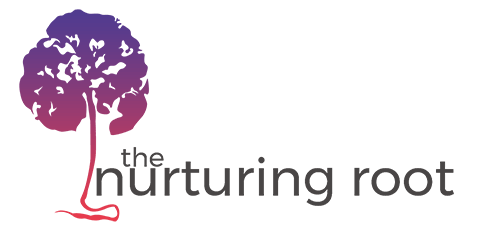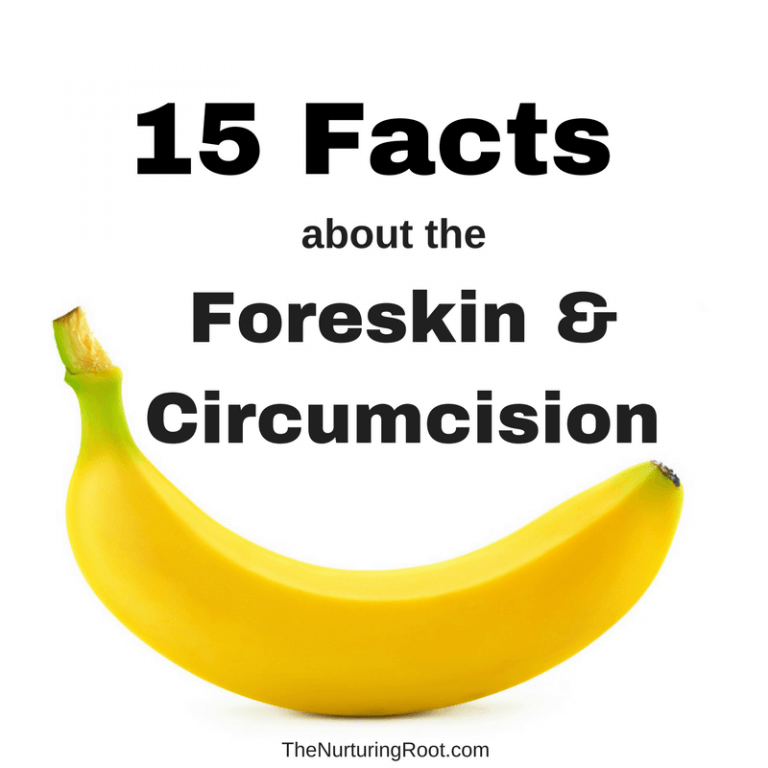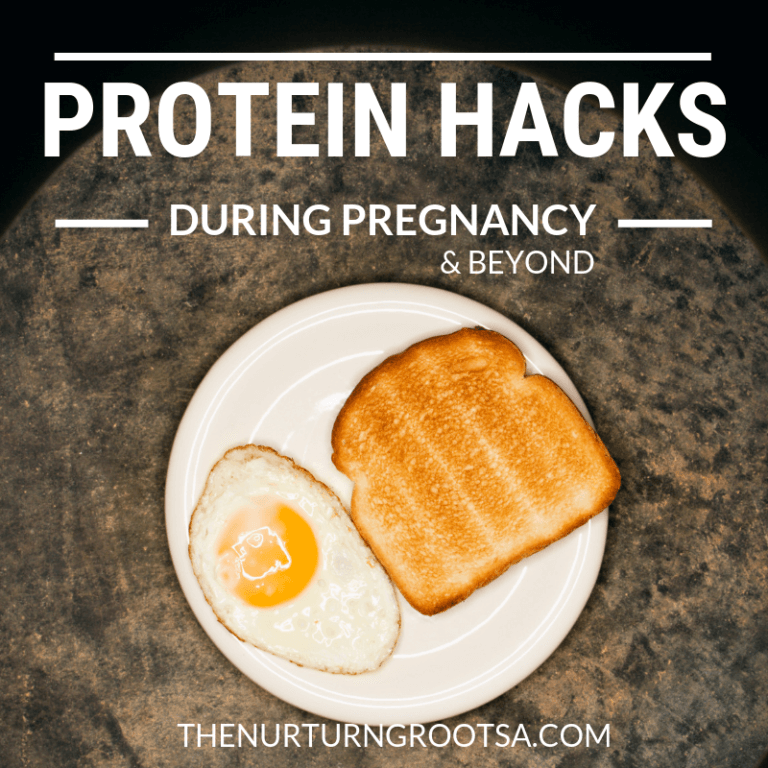Have you ever wondered just how important your diet is for your growing baby in your belly? Have you ever allowed craving after craving to drive your food intake? Have you ever felt like your body only wanted to eat carbs, carbs and more carbs? If you have answered yes to one or all of these questions, this blog post is for you.
Throughout pregnancy, a protein rich diet can make all the difference in maternal and fetal health. It can reduce risk factors for pre-eclampsia and gestational diabetes, and even improve your birth outcome. But how?!
When your baby is growing the fastest, during the second and third trimester, it is vital that your body intakes protein which contains amino acids. These acids are the building blocks for you and your baby. Most experts recommend consuming a minimum of 80 to 120 grams of protein per day while pregnant. It is also important to use salt to taste. Between 20-25% of your daily calories should come from protein. As explained in the chart below, albumin is made directly from the protein mom eats which in turn increases blood volume. When mom doesn’t get enough calories, the protein is burned up rather than being used to make albumin. This unfortunately drops blood volume. The result of high blood pressure is due to the kidneys producing an enzyme called renin which makes the blood vessels constrict. This down spiral of events often leads to early signs of pre-eclampsia and usually early induction of baby.
Adequate protein and salt for the pregnant mom are vital in an overall healthy pregnancy and an uncomplicated delivery. Best choices that include protein are as follows: meat and poultry, fish and seafood, eggs, dairy products, beans and peas, nuts and seeds, high protein grains, protein powder. If the mother will increase the amount of salt, protein, and calories that she eats, the blood volume will increase, and blood pressure will come down to a normal level. Sometimes, this could even mean eating an ounce or two of protein every hour. It is in fact possible to reverse pre-eclampsia risks with proper protein-rich nutrition. For more information on the link between nutrition and pre-eclampsia, see www.drbrewerpregnancydiet.com.





